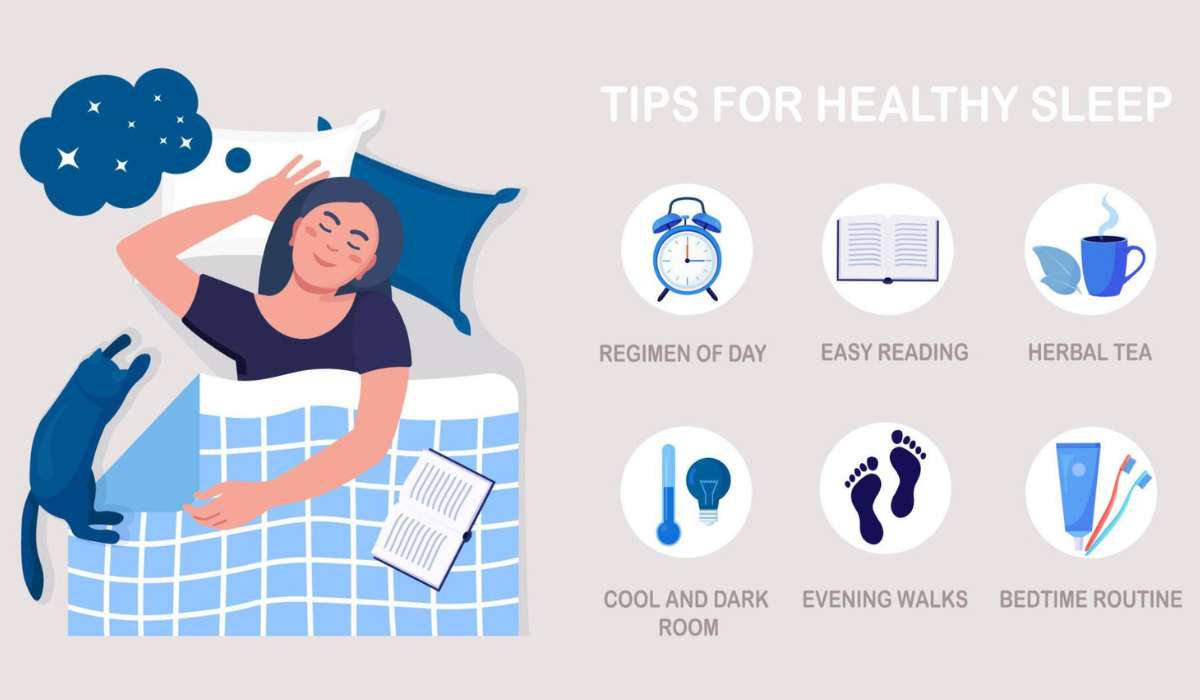Welcome to the world of Practical tips to Better Sleep! In today’s fast-paced society, quality sleep is often overlooked, but it plays a crucial role in our overall health and well-being. With the right tips and practices, you can unlock the key to a restful night’s sleep. In this article, we will explore the importance of quality sleep, how to create an ideal sleep environment, practice good sleep hygiene, maintain a balanced diet and exercise routine, and address mental health for better sleep. Get ready to transform your nights and wake up feeling refreshed!
Importance of Quality Sleep
Quality sleep is vital for our overall health and well-being. When we sleep, our bodies repair and rejuvenate, allowing us to wake up feeling refreshed and ready for the day ahead. Lack of quality sleep can have detrimental effects on various aspects of our lives, including our physical health, mental clarity, and emotional well-being. It can lead to increased risk of chronic diseases, impaired cognitive function, mood disturbances, and decreased productivity. Establishing a consistent sleep schedule is crucial for ensuring we get the recommended 7-9 hours of uninterrupted sleep each night.
How Quality Sleep Affects Overall Health
Quality sleep plays a crucial role in maintaining overall health. During sleep, our bodies repair and rejuvenate, promoting physical and mental well-being. Lack of quality sleep can have detrimental effects on various aspects of our health. It increases the risk of chronic diseases such as obesity, diabetes, and cardiovascular problems. Additionally, it impairs cognitive function, affects mood stability, and decreases productivity. To ensure optimal health, it is important to prioritize quality sleep by establishing a consistent sleep schedule and practicing good sleep hygiene.
Establishing a Consistent Sleep Schedule

Establishing a consistent sleep schedule is crucial for improving the quality of your sleep. Try to go to bed and wake up at the same time every day, even on weekends. This helps regulate your body’s internal clock, making it easier to fall asleep and wake up naturally. Avoid napping during the day, as it can disrupt your sleep schedule. Consistency is key when it comes to setting a healthy sleep routine. Stick to your schedule as much as possible for better sleep and overall well-being.
Creating an Ideal Sleep Environment
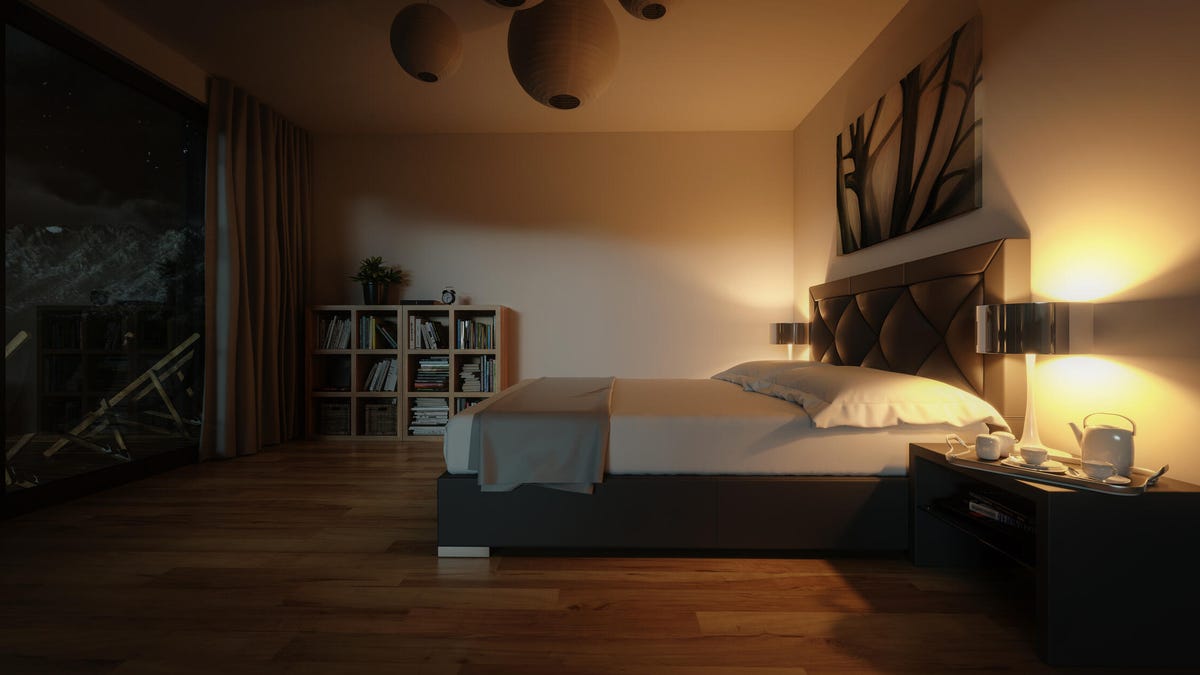
To optimize your sleep environment, start by choosing the right mattress and pillows. Look for ones that provide proper support and comfort for your body. Additionally, regulate the room temperature to a cool and comfortable level. Keep the bedroom dark and quiet by using blackout curtains or an eye mask, and earplugs or a white noise machine if needed. These adjustments can help create a calm and peaceful atmosphere conducive to quality sleep.
Choosing the Right Mattress and Pillows
When it comes to creating an ideal sleep environment, choosing the right mattress and pillows is crucial. Your mattress should provide proper support for your body and align your spine. Look for a mattress that suits your preferred sleeping position and provides the right level of firmness or softness. Similarly, pillows play a significant role in maintaining proper neck and spinal alignment. Consider factors such as pillow thickness and material to find the perfect fit for your needs. Investing in quality bedding can greatly enhance your sleep experience.
Regulating Room Temperature and Lighting

Regulating room temperature and lighting is essential for creating an ideal sleep environment. The temperature in your bedroom should be cool, ideally between 60-67 degrees Fahrenheit, as a cooler environment promotes better sleep. Additionally, it’s important to minimize exposure to bright light, especially in the evening. Dimming the lights and using blackout curtains or blinds can help create a dark and relaxing atmosphere. This signals to your body that it’s time to wind down and prepares you for a restful night’s sleep.
Practicing Good Sleep Hygiene
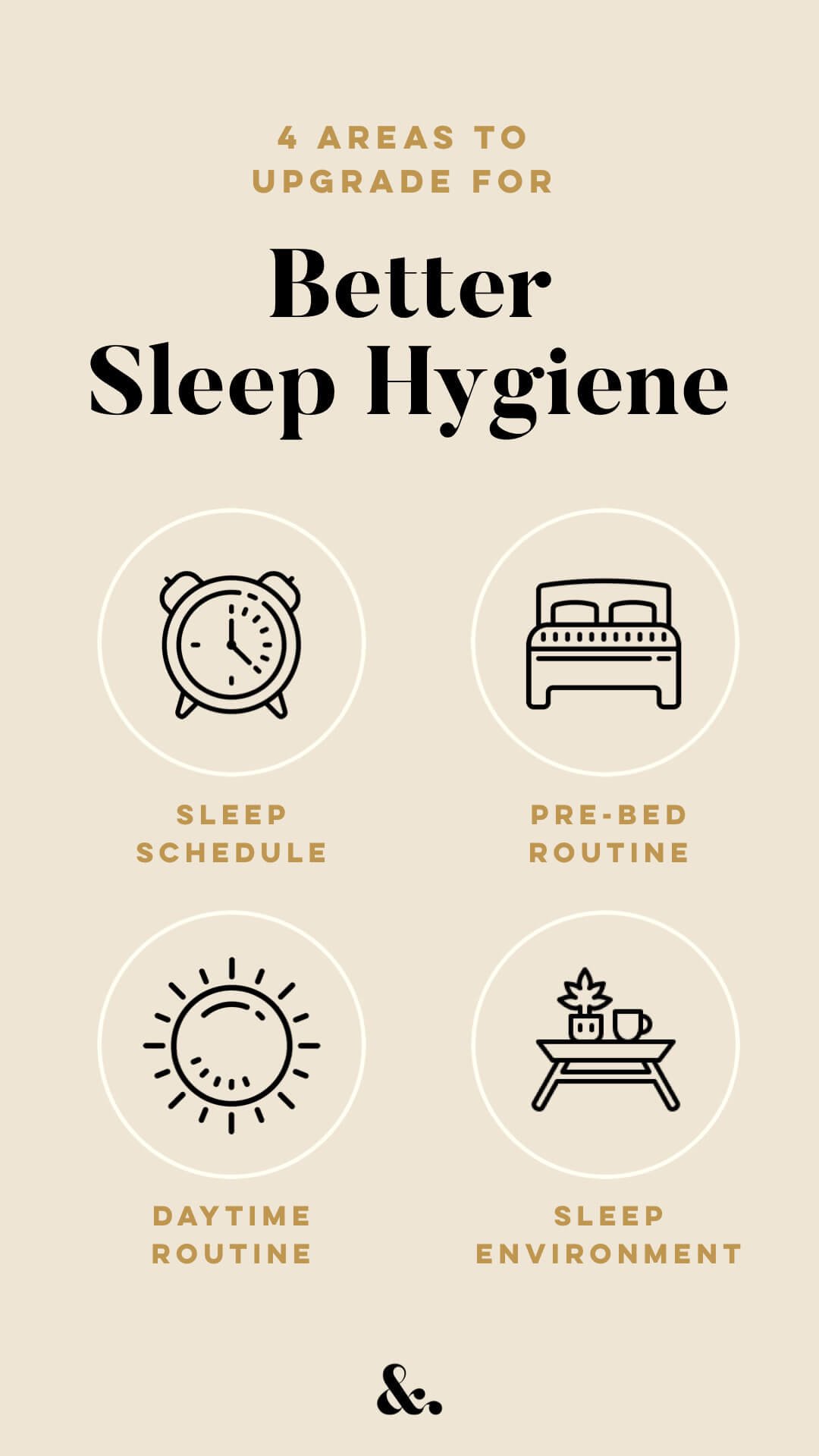
Practicing good sleep hygiene is crucial for getting quality rest. One important aspect is limiting screen time before bed. The blue light emitted by electronic devices can disrupt your sleep cycle. Instead, engage in relaxing activities such as reading a book or taking a warm bath. Additionally, establishing a bedtime routine can signal to your body that it’s time to wind down. Try incorporating relaxation techniques like deep breathing or meditation to calm your mind before sleep. By following these tips, you can improve your sleep hygiene and enhance the quality of your sleep.
Limiting Screen Time Before Bed

One important aspect of practicing good sleep hygiene is limiting screen time before bed. The blue light emitted by electronic devices can disrupt your sleep cycle and make it harder to fall asleep. Instead, try engaging in relaxing activities such as reading a book or taking a warm bath. These activities can help calm your mind and signal to your body that it’s time to wind down. By avoiding screens before bed, you can improve your sleep quality and ensure a more restful night’s sleep.
Relaxation Techniques for Better Sleep

To improve your sleep quality, it’s important to incorporate relaxation techniques into your bedtime routine. These techniques can help calm your mind and prepare your body for a restful night’s sleep. Some effective relaxation techniques include deep breathing exercises, progressive muscle relaxation, and meditation. Deep breathing involves taking slow, deep breaths and focusing on your breath as you inhale and exhale. Progressive muscle relaxation involves tensing and then releasing each muscle group in your body to promote relaxation. Meditation can help quiet the mind and reduce stress. By practicing these techniques regularly, you can create a peaceful and conducive environment for better sleep.
Balanced Diet and Exercise for Better Sleep
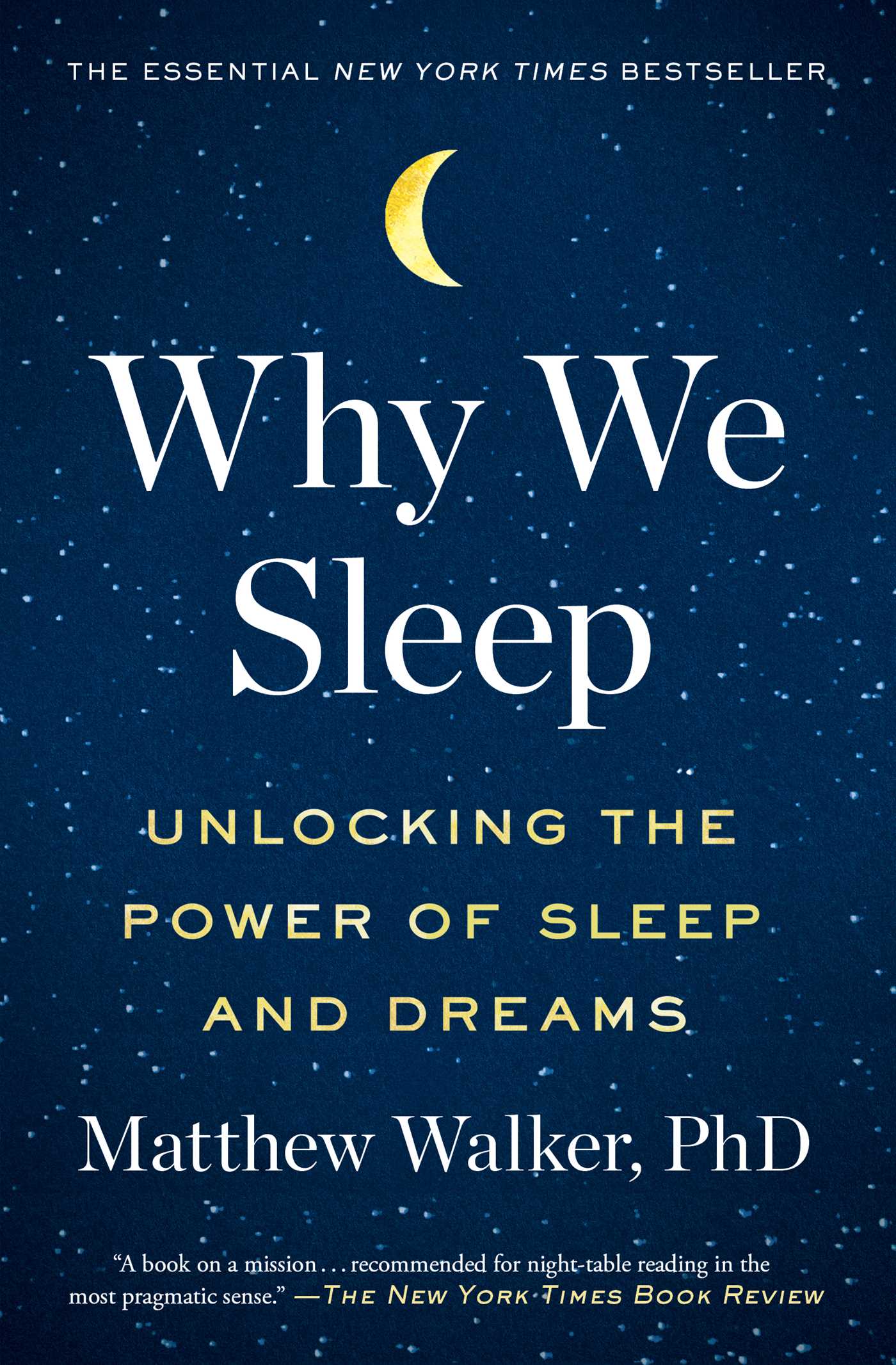
A balanced diet and regular exercise play a crucial role in promoting better sleep. Consuming nutritious foods, such as fruits, vegetables, whole grains, and lean proteins, can provide the necessary nutrients for optimal sleep. Additionally, engaging in physical activity during the day helps regulate your body’s natural sleep-wake cycle. Aim for at least 30 minutes of moderate-intensity exercise daily. Avoid exercising too close to bedtime as it may stimulate your body and make it harder to fall asleep. By maintaining a balanced diet and incorporating exercise into your routine, you can improve the quality of your sleep.
Impact of Diet and Exercise on Sleep Quality

Your diet and exercise habits can greatly affect the quality of your sleep. Consuming a balanced diet that includes fruits, vegetables, whole grains, and lean proteins provides your body with the necessary nutrients for optimal sleep. Regular exercise also plays a crucial role in regulating your body’s natural sleep-wake cycle. Aim for at least 30 minutes of moderate-intensity exercise daily, but avoid exercising too close to bedtime as it may stimulate your body and make it harder to fall asleep. By prioritizing a balanced diet and incorporating exercise into your routine, you can improve the quality of your sleep.
Recommended Foods and Activities for Improved Sleep
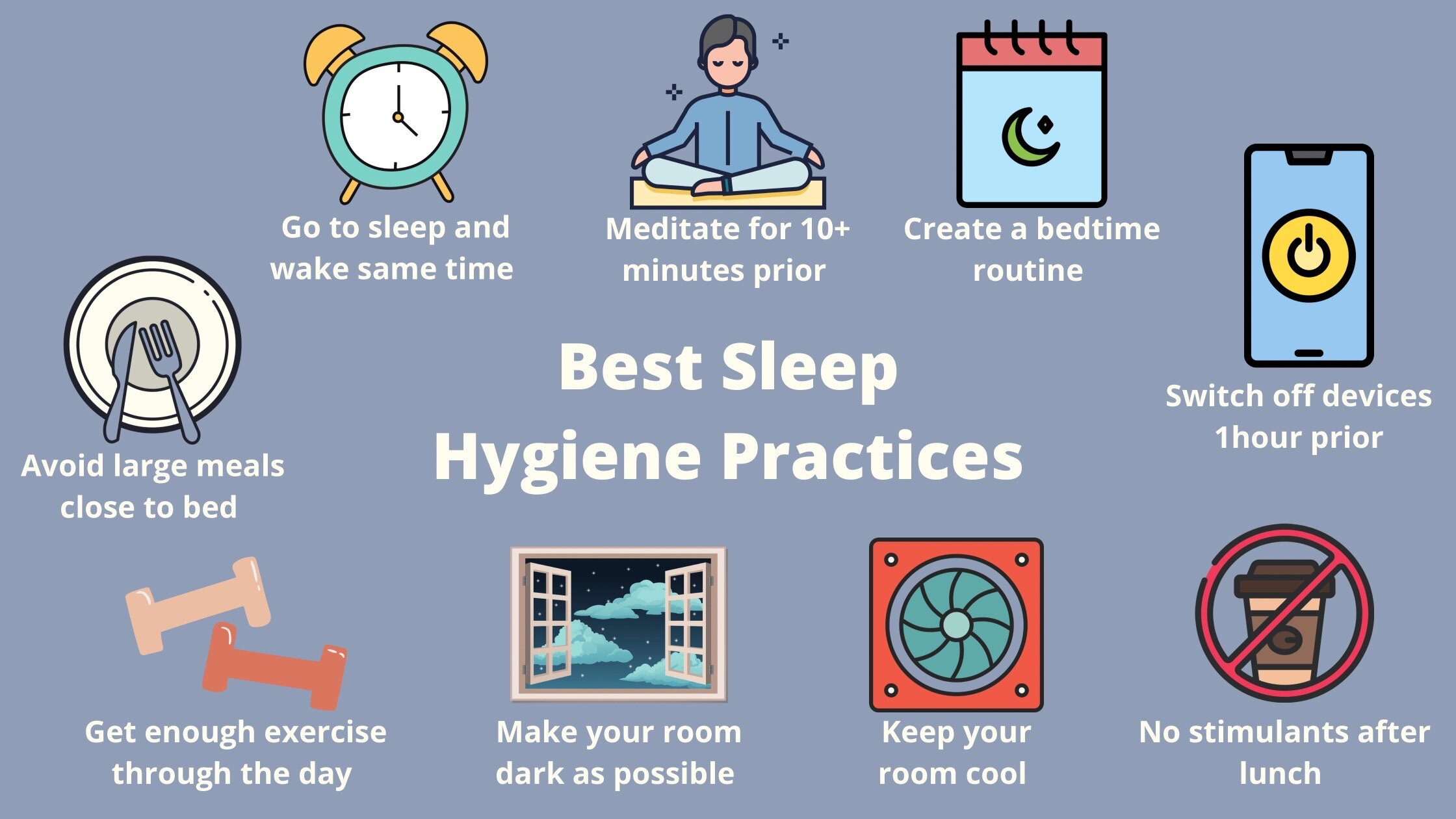
When it comes to improving sleep, certain foods and activities can have a positive impact. Incorporating foods rich in tryptophan, such as turkey, nuts, and seeds, can promote the production of melatonin, a hormone that regulates sleep. Additionally, consuming magnesium-rich foods like leafy greens and bananas can help relax muscles and promote better sleep. Engaging in activities like yoga or meditation before bed can also calm the mind and prepare the body for restful sleep. Remember to avoid caffeine and heavy meals close to bedtime for optimal sleep quality.
Mental Health and Sleep
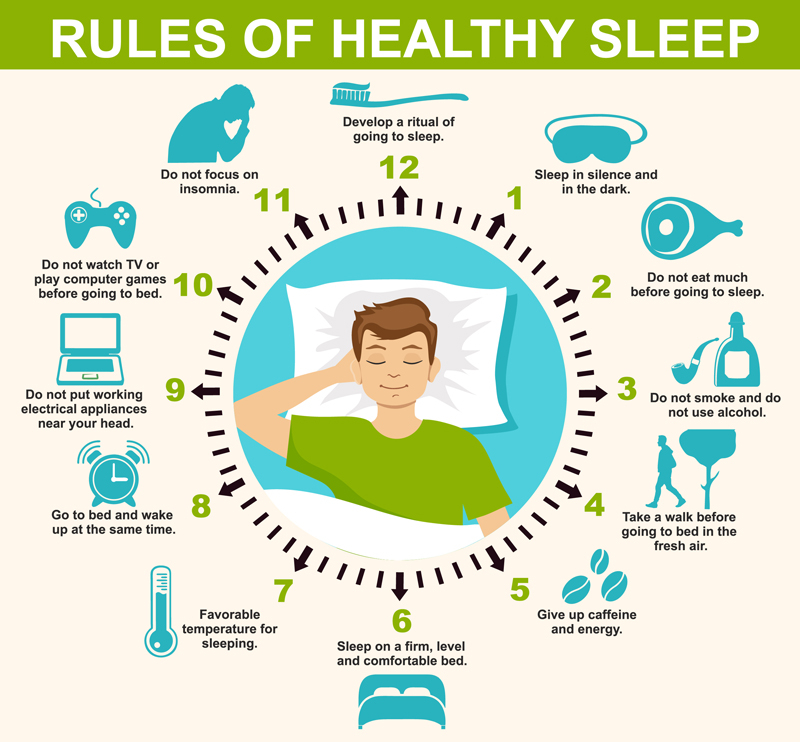
Taking care of your mental health is crucial for a good night’s sleep. Stress, anxiety, and other mental health issues can interfere with your ability to fall asleep and stay asleep. It’s important to find healthy ways to manage stress, such as practicing relaxation techniques or seeking support from a therapist. Addressing any underlying mental health concerns can significantly improve your sleep quality. Remember, prioritizing self-care and seeking help when needed are essential steps towards achieving restful sleep.
Managing Stress and Anxiety for Better Sleep
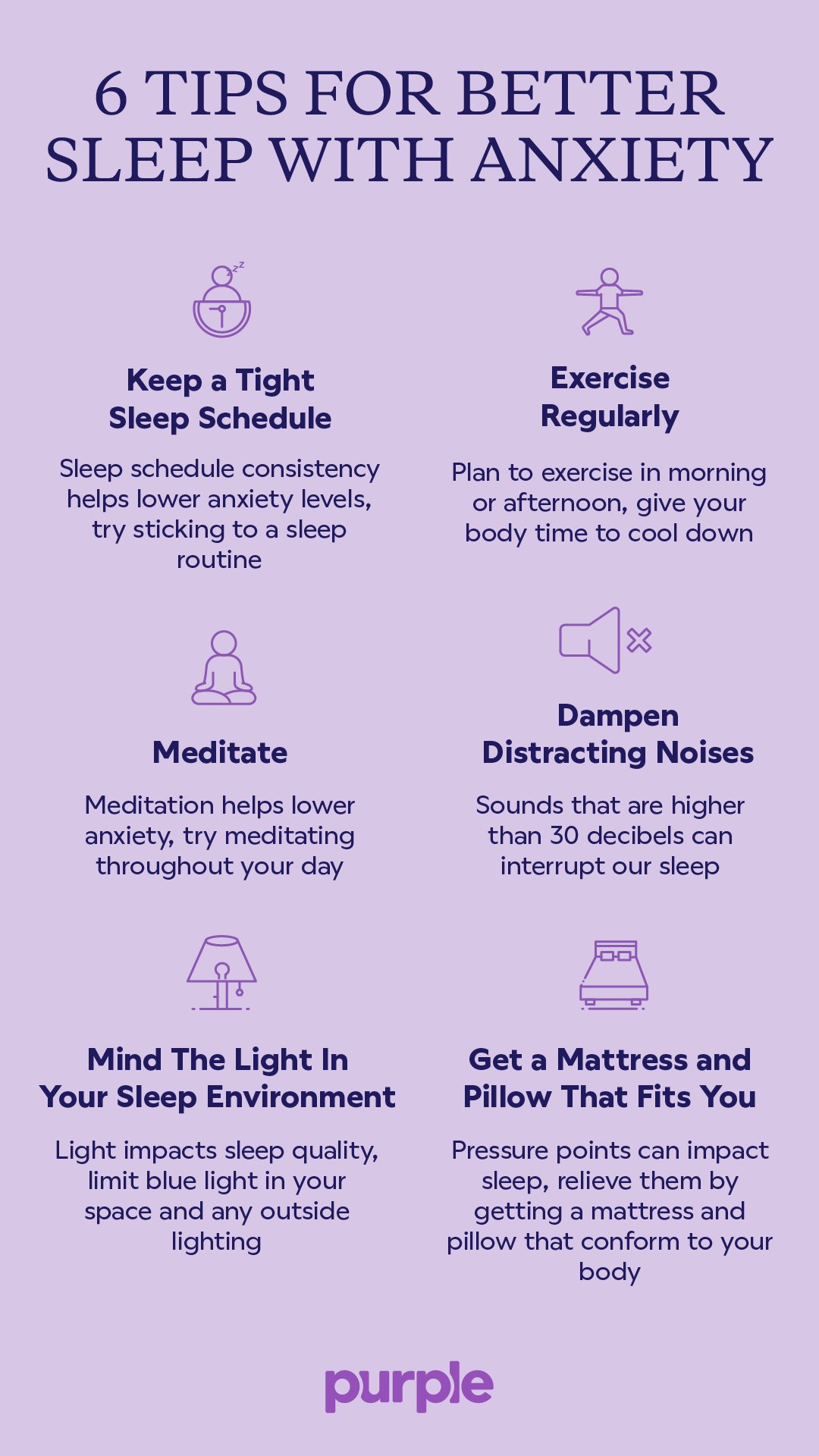
One of the key factors that can disrupt your sleep is stress and anxiety. When you’re feeling overwhelmed, it can be challenging to quiet your mind and relax enough to fall asleep. However, there are effective strategies that can help manage these issues and improve your sleep quality.
Firstly, it’s important to identify the sources of your stress and find healthy ways to cope with them. This may include practicing relaxation techniques such as deep breathing exercises, meditation, or yoga. Taking time for self-care activities like taking a bath or reading a book can also help reduce stress levels before bed.
Additionally, seeking support from a therapist or counselor can be beneficial in managing stress and anxiety. They can provide guidance on coping mechanisms and offer valuable insights into addressing the underlying causes of these issues.
Implementing a bedtime routine that promotes relaxation is another helpful strategy. This could involve engaging in calming activities such as listening to soothing music, journaling, or practicing mindfulness. Creating a peaceful environment in your bedroom by dimming the lights and minimizing distractions can also contribute to better sleep.
Remember, managing stress and anxiety is an ongoing process that requires patience and consistency. By incorporating these practices into your daily routine, you can gradually reduce their impact on your sleep and improve overall sleep quality.
Importance of Addressing Mental Health for Quality Sleep

Addressing mental health is crucial for achieving quality sleep. Stress, anxiety, and other mental health issues can significantly impact sleep patterns and overall sleep quality. When your mind is racing with worries and negative thoughts, it becomes challenging to relax and fall asleep. This can lead to insomnia or disrupted sleep throughout the night. By prioritizing your mental well-being and seeking appropriate support, such as therapy or counseling, you can effectively manage these issues and improve the quality of your sleep.
Conclusion of Practical tips to Better Sleep

Implementing the practical tips for better sleep can have a significant impact on your overall well-being. By prioritizing quality sleep and addressing factors such as sleep schedule, sleep environment, sleep hygiene, diet, exercise, and mental health, you can improve the quantity and quality of your sleep. Remember to establish a consistent routine, create a comfortable sleep environment, practice relaxation techniques, maintain a balanced diet and exercise regularly. Taking care of your mental health is also crucial for achieving quality sleep. By following these tips and maintaining healthy sleep habits, you can enjoy the benefits of restful and rejuvenating sleep.
Implementing the Tips for Better Sleep

To improve the quantity and quality of your sleep, it’s important to implement the practical tips mentioned earlier. Start by establishing a consistent sleep schedule, going to bed and waking up at the same time every day. Create an ideal sleep environment by choosing a comfortable mattress and pillows, regulating room temperature, and minimizing noise and light. Practice good sleep hygiene by limiting screen time before bed and incorporating relaxation techniques like deep breathing or meditation. Maintain a balanced diet and exercise regularly to support better sleep. Finally, prioritize your mental health by managing stress and anxiety through techniques like journaling or therapy. By following these tips and maintaining healthy sleep habits, you can unlock better sleep for improved overall well-being.
Maintaining Healthy Sleep Habits

To maintain healthy sleep habits, it’s important to stick to a consistent sleep schedule even on weekends. Avoid napping during the day, as it can disrupt your nighttime sleep. Create a relaxing bedtime routine by incorporating activities like reading or taking a warm bath. Keep your bedroom cool, dark, and quiet to promote better sleep. Avoid caffeine, nicotine, and alcohol close to bedtime as they can interfere with sleep. Lastly, aim for regular exercise during the day but avoid intense workouts close to bedtime.
For More Blogs visit Aerns

